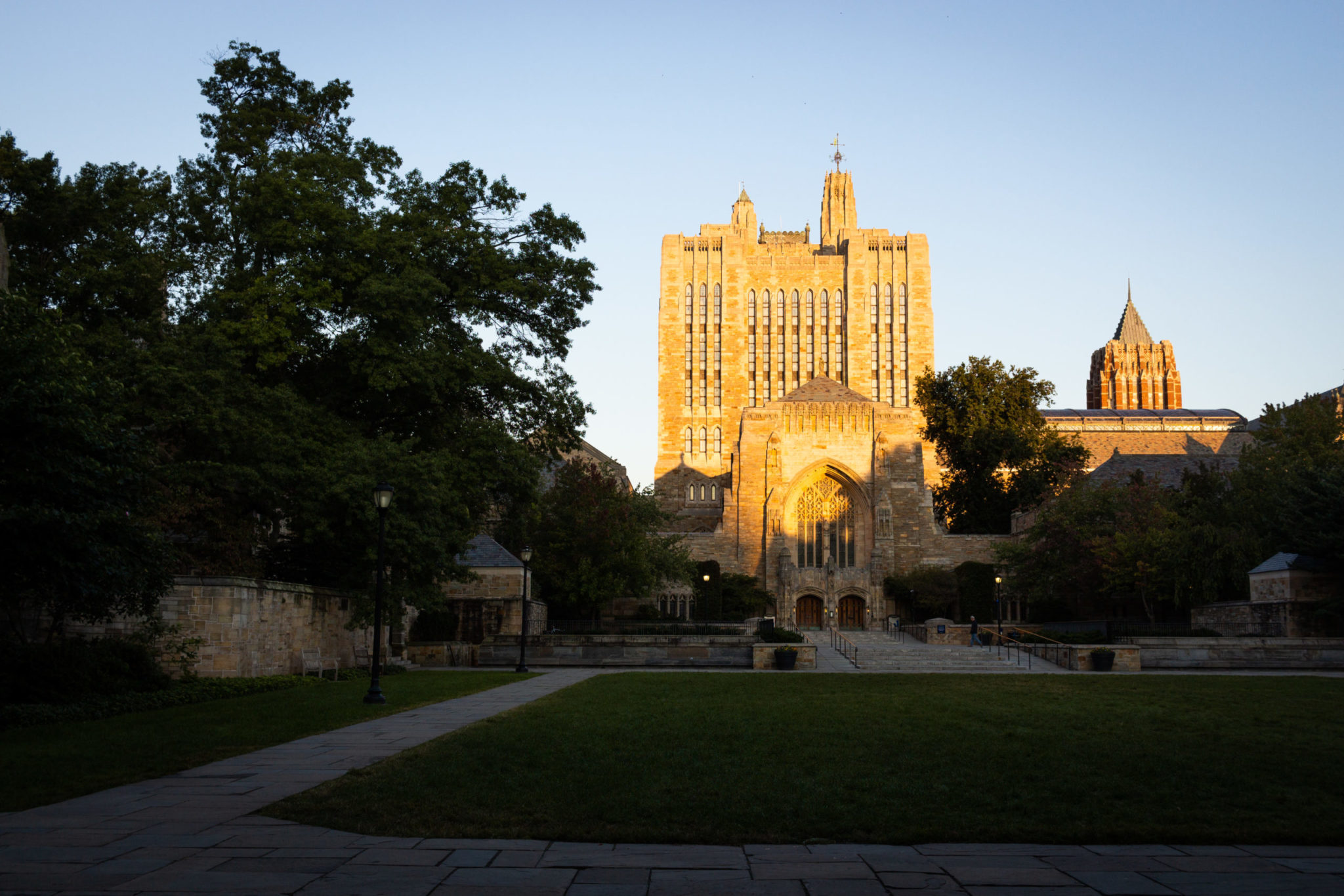
Yale students often make good use of their summers: They work. They study. Some even train for the Olympics. But in the wake of a worldwide coronavirus pandemic, plans, for many, have all but dissipated — especially for graduating seniors.
According to a recent News survey, almost half of all respondents from the Class of 2020 — the youngest batch of alumni — reported that the coronavirus had altered their post-graduation plans. For those pursuing the arts or employment in the education industry, that figure is even higher: more than 70 percent of respondents in these fields saw their post-graduation plans impacted.
As the Yale community awaited the announcement regarding how education will continue in the fall semester, the News surveyed Yale College students from the classes of 2020 through 2023 about their perspectives surrounding the virus and its impact on their lives. The anonymous survey — which began accepting submissions on May 21 and closed on May 25 — received 2,129 responses, representing about 35 percent of the undergraduate student population.
Survey results also suggested that the virus had a large impact on students’ expected income. Just over 45 percent of graduating seniors indicated that their expected personal incomes post-graduation would be affected, and roughly 44 percent of continuing students reported that they would lose all or some of their expected summer income.
Students with household incomes greater than $250,000 were 48 percent more likely to lose no summer income compared to those with household incomes less than $65,000.
Students who did not graduate in May also saw their summer experiences changed in light of the virus: Over 92 percent of survey respondents said the pandemic altered their plans.
Overall, many students with employment plans were impacted. Of the 65 percent of all respondents who originally planned on completing a summer job or internship, just 4 percent of these students saw their internships unchanged. 44 percent saw their internships shortened or converted to a remote format. Another 27 percent found their jobs cancelled, though some were able to secure alternative summer employment plans.
And, the worldwide interruption in travel in light of the virus made travel and study abroad all but impossible: while 25 percent of students reported having travel plans for the summer, that proportion now sits at less than one percent.
Some students who saw their plans interrupted turned to online courses through Yale Summer Session. Nine percent of students surveyed said they originally expected to take Yale Summer Session classes; now, nearly one-quarter of students reported doing so.
Even so, some students have been left without plans: the proportion of students with no summer plans jumped from 4.7 percent to 15, survey results show.
These results could mean that students are concerned about being able to afford the coming semester — between books, room and board, tuition, transportation and financial aid contributions. A remote semester could complicate financial situations further.
“Having the next semester continue remotely would put me in a difficult financial situation: I would be asked to pay for tuition without being able to work full-time,” wrote Charlotte Wakefield ’22 in an email to the News. “As intimidating as the prospect of school during corona is, if the fall semester is not in-person, I would likely be required to take a gap semester in order to continue working full-time and pay rent.”
On July 1, the University announced their plans for the fall, which allows first years, juniors and seniors back to campus in the fall and sophomores, juniors and seniors in the spring. The announced plans do not reduce tuition in light of the coronavirus pandemic’s impact on the fall semester.
Tuition will remain $28,850 per term or $57,700 for the full year, according to a Yale College FAQ. Tuition is the same for all students, regardless of whether they enroll remotely or in New Haven. Students studying remotely will not pay room and board.
A Yale College FAQ says that students enrolled remotely will have a “Cost of Attendance appropriate for living at home.” Additionally, sophomores and first years “whose home circumstances do not support their learning” may petition to live on campus for the full year.
Yale announced that it expects to offer the same number of student job positions in a typical year, regardless of format. Only students enrolled — whether remotely or in residence — can hold student jobs. Students on leave or who have postponed matriculation cannot take a campus job, even remotely, according to the Yale College FAQ.
This story is the second in a series of articles examining student attitudes towards the coronavirus pandemic, the spring semester and potential plans for the fall. The News received several dozen additional responses past a cutoff date; these responses were not included in the results. Read the first in the series here. Data analysis and visualizations for this project were led by the News’ Data Desk.







